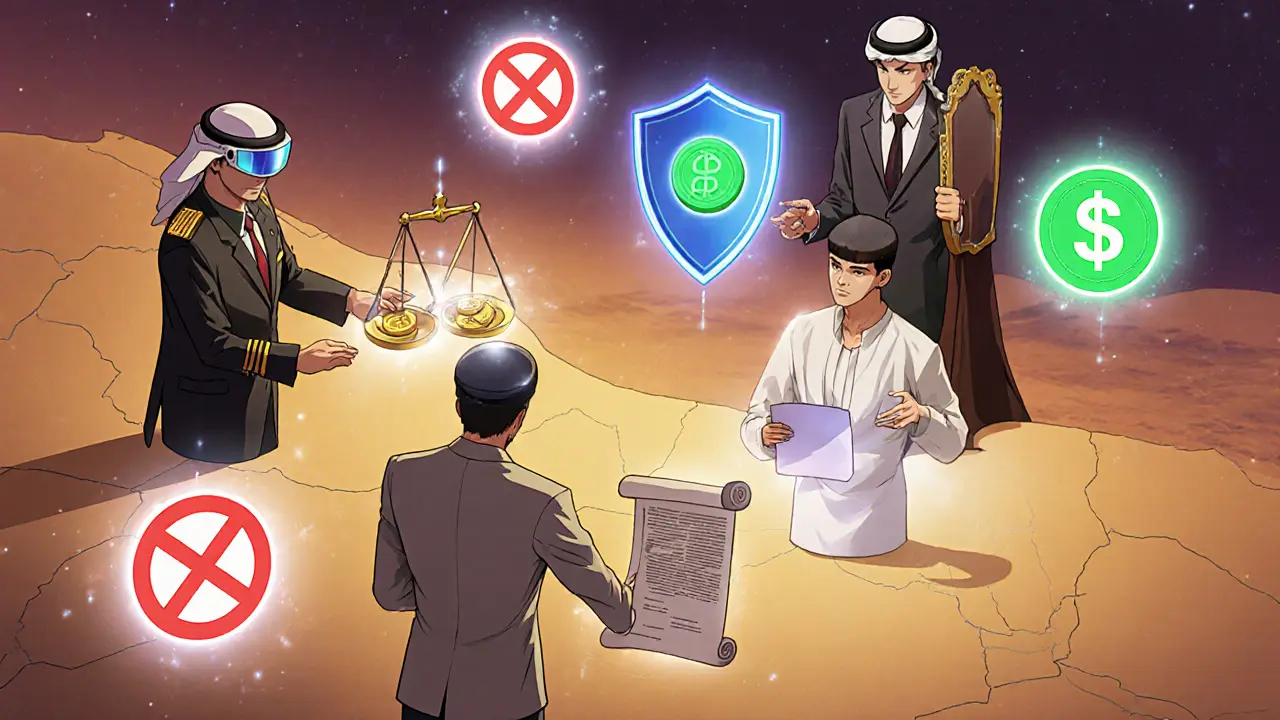Middle East Crypto Restrictions
When working with Middle East crypto restrictions, the collection of country‑specific rules that limit how residents can buy, sell, or move digital assets. Also known as MECrypto bans, these limits shape every transaction you make in the region.
One of the most visible examples is Turkey crypto regulation, a comprehensive legal framework that forces exchanges to register, report transactions, and adhere to anti‑money‑laundering standards. The law pushes local platforms to obtain licenses from the Capital Markets Board, while foreign services face stricter scrutiny. Another key piece of the puzzle is Egypt crypto P2P trading, a workaround where users trade directly on peer‑to‑peer platforms to dodge banking bans. Because Egypt’s central bank blocks crypto wallets at the banking layer, many traders turn to Bybit P2P, LocalBitcoins, or other sandboxed networks to keep their flows alive. Then there’s Iran exchange restrictions, tight controls that freeze stablecoins, limit fiat‑crypto gateways, and impose hefty taxes on exchange activity. Iranian users often rely on VPNs to mask their IP address and access overseas exchanges, though recent enforcement crackdowns have raised the detection risk.
How These Rules Shape Trading Strategies
Understanding Middle East crypto restrictions helps you pick the right tools. In Turkey, compliance means using exchanges that display their license ID and keep KYC records; ignoring this can lead to frozen accounts. In Egypt, the lack of a formal crypto policy forces traders to verify counterpart reputations manually, because the P2P market isn’t regulated and disputes can’t be escalated to a regulator. In Iran, the combination of exchange bans and aggressive VPN monitoring creates a security‑first mindset: you’ll need multi‑hop VPNs, obfuscation protocols, and a habit of rotating exit nodes to stay under the radar. Each of these environments also influences the type of assets that thrive; stablecoins see higher demand in Iran, while Turkish users gravitate toward locally‑approved tokens that enjoy tax exemptions.
The pattern is clear: regional restrictions require adaptive infrastructure. That means a trader must:
- Identify which country’s rule set applies (Turkey, Egypt, Iran, etc.).
- Choose a compliance‑friendly exchange or a trusted P2P platform.
- Implement privacy tools—VPNs, Tor, or decentralized mixers—when needed.
- Stay updated on law changes; regulations evolve quickly in the Middle East.
Our post collection below dives deeper into each of these points. You’ll find a detailed review of Turkey’s 2025 crypto law, step‑by‑step guides for safe P2P trading in Egypt, and a practical checklist for using VPNs in Iran without getting flagged. Whether you’re a newbie trying to buy your first Bitcoin or a seasoned trader looking for workarounds, the articles ahead give you the context and actionable tips you need to navigate the region’s complex landscape.
Ready to see how these rules play out in real‑world scenarios? Scroll down to explore the full set of guides, reviews, and compliance checklists tailored for the Middle East crypto environment.
- October 25, 2025
- Comments 22
- Cryptocurrency

